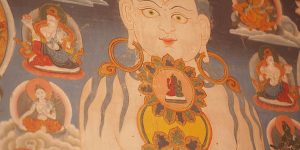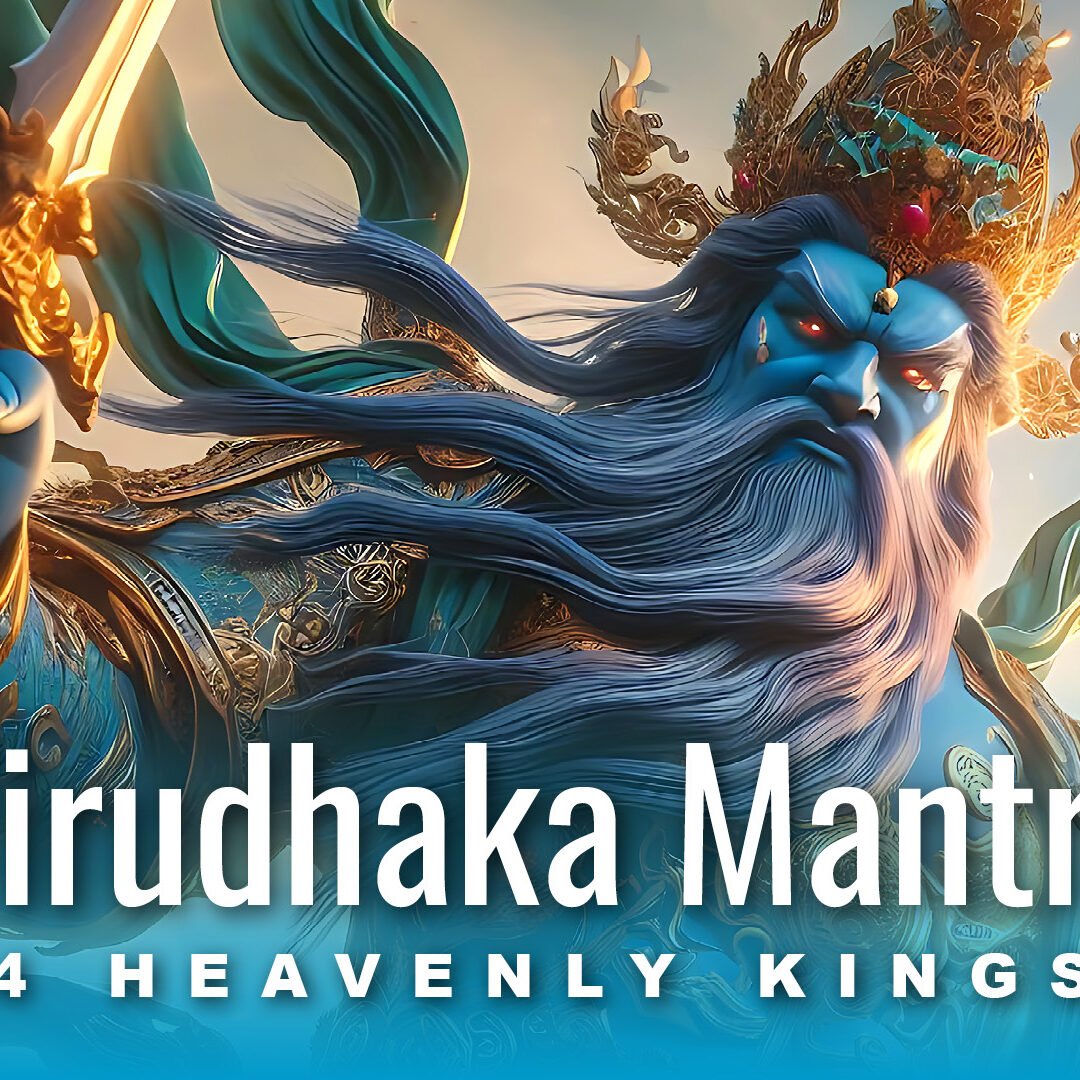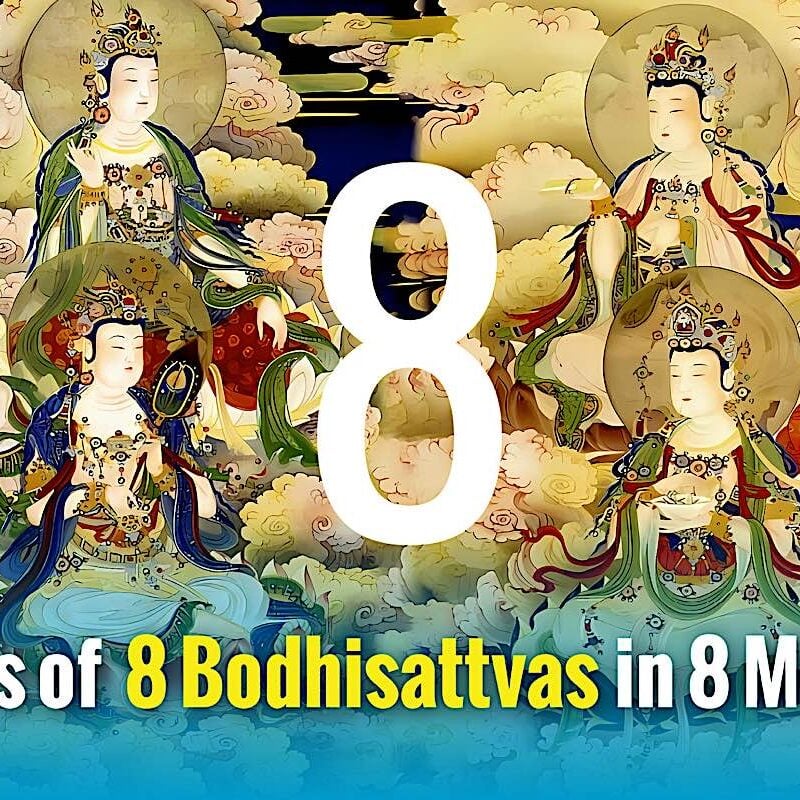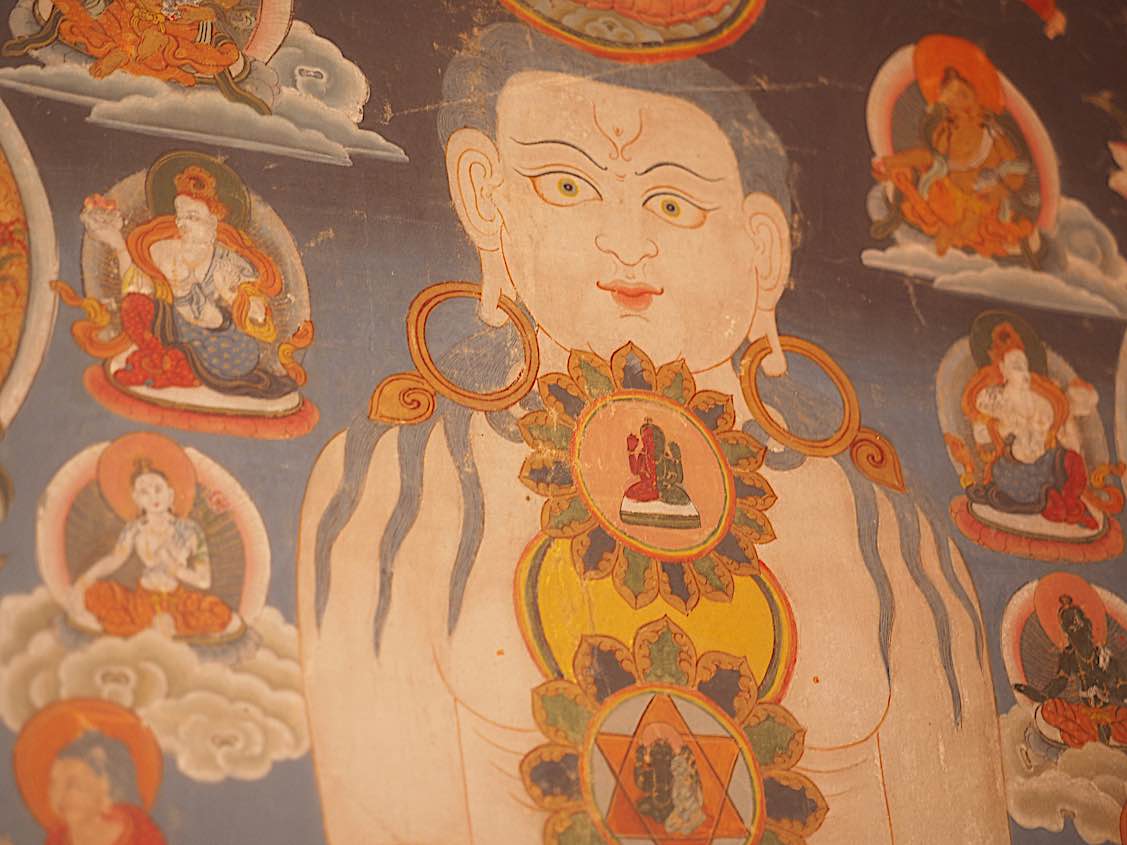Buddha Weekly Writer Guidelines
Our content guidelines for submitting writers are:
1. Your story should have a Buddhist Dharma perspective or meditation technique, method, practice, or teaching. We cover practice methods, Dharma teachings, Dharma teachers, but we do not cover news or opinion-editorial at all. We are non-political, and will not publish any features including politics.
We do NOT pay for content as we are a volunteer non-profit — all published features are for credit. Your biography and links may be included.
2. Must be minimum 500 words. We have no maximum. Some of our best-read features are the longer ones, over 2000 words, but that’s not a requirement.
3. MUST BE ORIGINAL (sorry for the caps, but some people submit previously published which we will not run. We run Copyscape on all content.)
4. Due to search engine indexing, if you wish to publish the proposed content elsewhere, it must first be published with us. (In other words “first publishing rights”), and you must note a credit on the subsequent publications “Originally Published on BuddhaWeekly.com” Publishing after Buddha Weekly is fine on this condition. In other words, if you’re adding to your own blog, it should publish on Buddha Weekly first to be eligible for publication. Please note: if you do not agree with this, please do not submit. Thank you for understanding.
5. NO commercial or sponsored content is permitted. Links to anything for sale will be removed, or might result in automatic rejection. (The author can include commercial links relevant to themselves only in the author bio, and they must be relevant (i.e. their own website or social media — not sponsored links to other parties.)
6. Anything that offers advice of a medical or psychological nature must have heavy disclaimers and be stated as your opinion (i.e. the opinion of the author, not of Buddha Weekly.)
7. ALL FACTS MUST HAVE CITATIONS. Our preferred format is [number] and Footnotes on the bottom with links. AVOID statements such as “Buddhists believe…” — unless you’re citing a teacher, expert or sutra, do not place yourself in the position of the author of speaking on behalf of “Buddhists.” For example, saying something like “All Buddhists believe in X” would not only be incorrect factually, it would be misleading. However, you can cite a teacher or sutra/sutta, or other authority provided you correctly footnote.
8. Any submitted content, including photos, should be available for publication (clear of copyright issues.)
9. We will not publish anything political in nature. Although advocacy for human rights and charitable causes and other Dharma-aligned topics are fine, we cannot accept content that criticizes any identifiable person, institution, or country. We are strictly a Dharma publication and association, and although we support many social causes, we avoid politicizing.
10. Quotations from teachers (such as the Dalai Lama) should have a citations in as much detail as possible. Citing a quote as “The Buddha” because you found it online is not sufficient. You will need to cite the actual source. For example, Dhammapada 421, as translated by X, published by Z. Quotes attributed to Buddha should also have verifying citations (Many “Buddha Quotes” found online are “fake”. Ideally, a Sutra reference for these.) We will not publish a quote attributed to Buddha or Sutra without specific citations for this reason.
11. If you are giving “advice” or stating an opinion, be sure to state clearly it’s your opinion (unless you’re quoting someone else, see above.)
We welcome your submission.
More articles by this author

VIDEO: Vajrapani Vajra Armor Mantra: Supreme Protection of Dorje Godrab Vajrakavaca from Padmasambhava
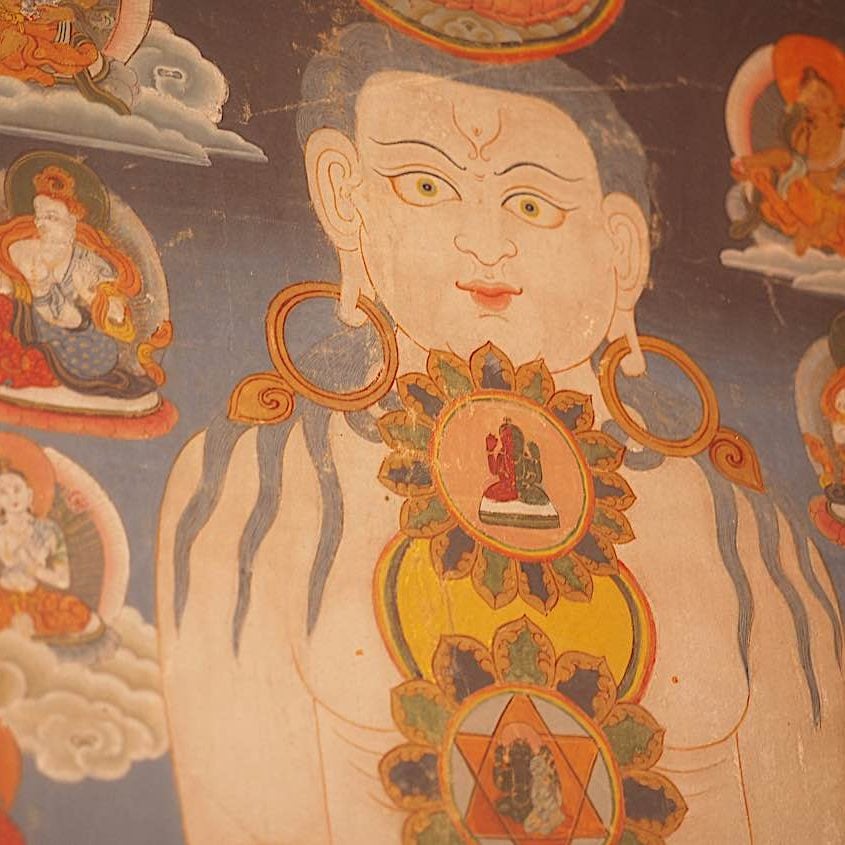
Buddhist body mandala practice in Vajrayana Buddhism — and riding the winds of the inner body “The prana goes where the mind goes.””
Search
Latest Features
Please support the "Spread the Dharma" mission as one of our heroic Dharma Supporting Members, or with a one-time donation.
Please Help Support the “Spread the Dharma” Mission!

Be a part of the noble mission as a supporting member or a patron, or a volunteer contributor of content.
The power of Dharma to help sentient beings, in part, lies in ensuring access to Buddha’s precious Dharma — the mission of Buddha Weekly. We can’t do it without you!
A non-profit association since 2007, Buddha Weekly published many feature articles, videos, and, podcasts. Please consider supporting the mission to preserve and “Spread the Dharma." Your support as either a patron or a supporting member helps defray the high costs of producing quality Dharma content. Thank you! Learn more here, or become one of our super karma heroes on Patreon.
Lee Kane
Author | Buddha Weekly
Lee Kane is the editor of Buddha Weekly, since 2007. His main focuses as a writer are mindfulness techniques, meditation, Dharma and Sutra commentaries, Buddhist practices, international perspectives and traditions, Vajrayana, Mahayana, Zen. He also covers various events.
Lee also contributes as a writer to various other online magazines and blogs.






